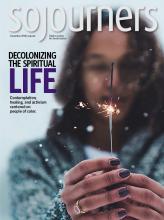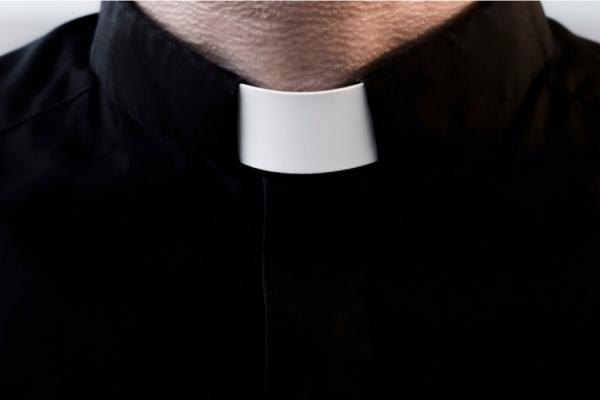I AM ROMAN CATHOLIC, and I want to apologize. Apparently, a portion of my church not only believes in but still practices child sacrifice.
The Pennsylvania grand jury report was clear. It opened: “We, the members of this grand jury, need you to hear this. We know some of you have heard some of it before. There have been other reports about child sex abuse within the Catholic Church. But never on this scale. For many of us, those earlier stories happened someplace else, someplace away. Now we know the truth: It happened everywhere.”
For more than 30 years, investigations around the world have revealed similar patterns in Catholic institutions. Priests, bishops, cardinals, and even popes have decided that the Roman Catholic Church is too big to fail—that perpetrators of child abuse should be “bailed out” and victims given cash and gag orders to protect the idol of a religious corporation.
Since medieval times the Catholic Church has operated as an artificial legal persona to put property in perpetual collective ownership: the first legal corporation. If diocesan priests are considered “shareholders,” then the Catholic Corporation has willingly sacrificed children in the name of shareholder protection, betraying any legitimate “pro-life” ethic it might publicly promote. In the Bible this profanity is called the “worship of Molech,” an ancient god of Israel’s enemies: Molech’s outstretched arms of bronze were held in fire until red-hot, then living children were placed in his hands.
Read the Full Article

